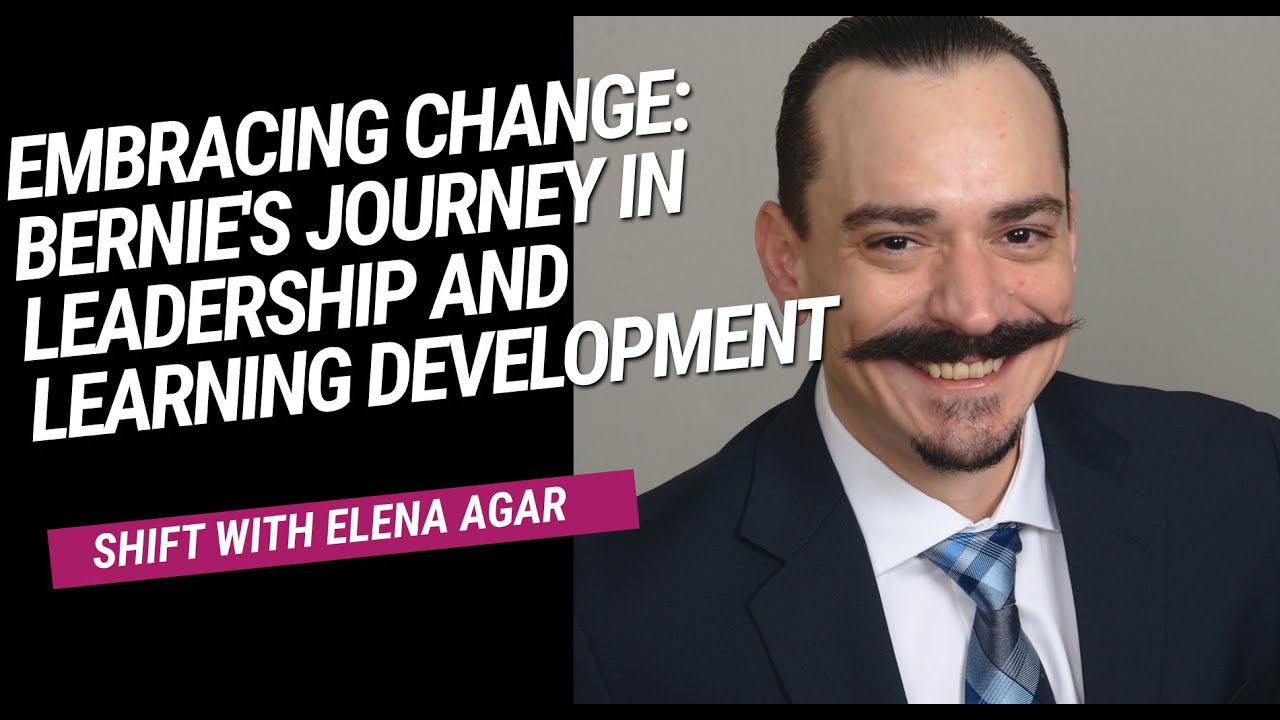Education
Embracing Change: Leadership Development for Today’s World

In a world that’s constantly changing, the way we think about leadership is evolving too. A recent book by Asheesh Advani and Marshall Goldsmith dives deep into what it takes to foster strong leaders today. Advani leads Junior Achievement Worldwide, a big player in preparing young folks for future jobs, while Goldsmith has coached numerous CEOs and has a shelf full of bestselling books.
According to Advani, today’s work landscape is a lot different from how it was 20 or 30 years ago. He notes that reports from the World Economic Forum reveal over 60% of jobs that will exist in the future haven’t even been created yet. This means that today’s graduates could find themselves hopping through more than 20 jobs and possibly more than seven careers over their lifetimes.
Because of this ever-changing environment, Advani emphasizes the need for a flexible way of thinking. He introduces the fixed-flexible-freestyle leadership framework, which helps individuals adjust to changes swiftly. This framework allows for steadfast principles, while also enabling strategies that can bend to suit different situations. This is super important when you’re setting goals that can adapt to local conditions, as seen in Junior Achievement’s initiatives across more than 100 countries.
An interesting point in Advani’s book is that meritocracy is still alive and kicking, despite new social trends leaning towards equal outcomes. He argues that while it’s vital to recognize social inequalities, emphasizing hard work and personal achievement is equally important.
When it comes to optimism, Advani believes that it plays a significant role in reaching our goals. He explains that hopeful people often view setbacks as temporary roadblocks. This positive outlook helps them tackle challenges with a proactive spirit, which can ultimately lead to achieving their dreams.
Moreover, Advani introduces the concept of “meta-learning,” which is essentially reflecting on what you’ve learned. This involves stepping back and asking yourself what insights you’ve gained, a practice that can enhance your growth both personally and professionally.
Finding a good mentor is also crucial, especially in today’s fast-paced career transitions. Advani suggests that young leaders should intentionally seek out friendships with people who are a bit older. These relationships can provide invaluable guidance and support for navigating the ups and downs of career growth.
On the subject of productivity, Advani distinguishes between sequential tasking and multitasking. He emphasizes that focusing on one task at a time leads to better quality work as opposed to dividing attention across various tasks. Eliminating distractions and taking intentional breaks can also spark creativity and innovative ideas.
Advani encourages us to adopt an “and” mindset rather than an “or” mindset. This shift in thinking can open up new possibilities and enhance achievement by focusing on multiple avenues instead of limiting ourselves to trade-offs.
Lastly, he mentions the importance of balancing simplicity with complexity. In leadership, being able to communicate complex ideas in simple terms is key to effective collaboration and understanding across teams and organizations.












